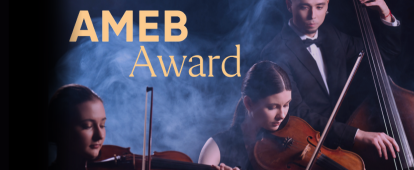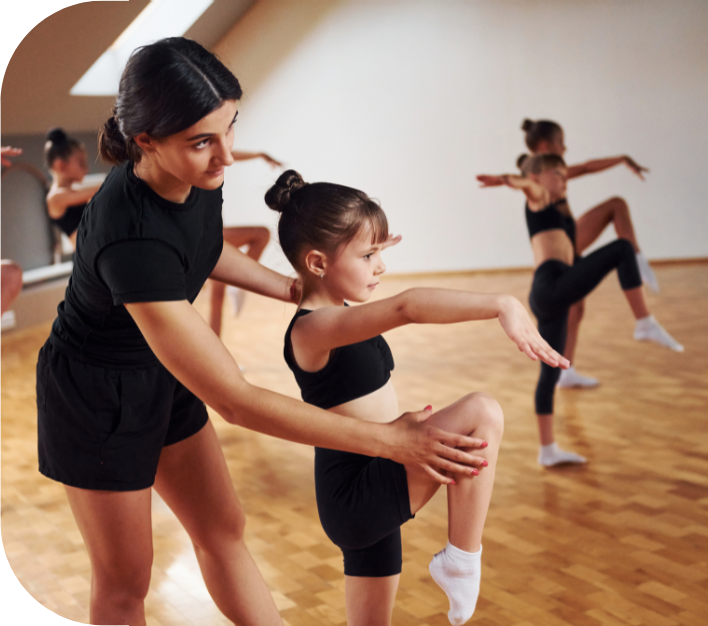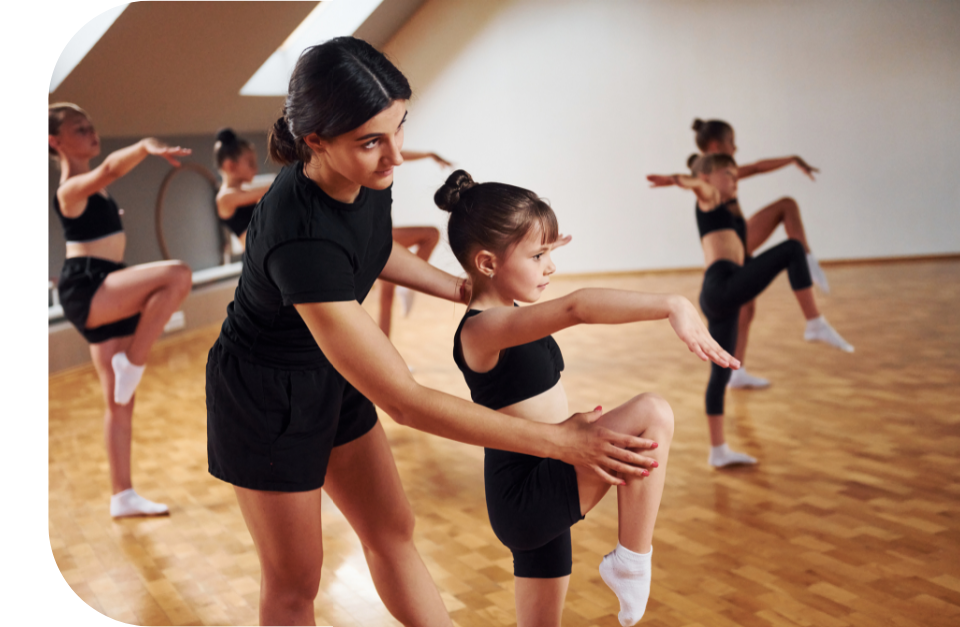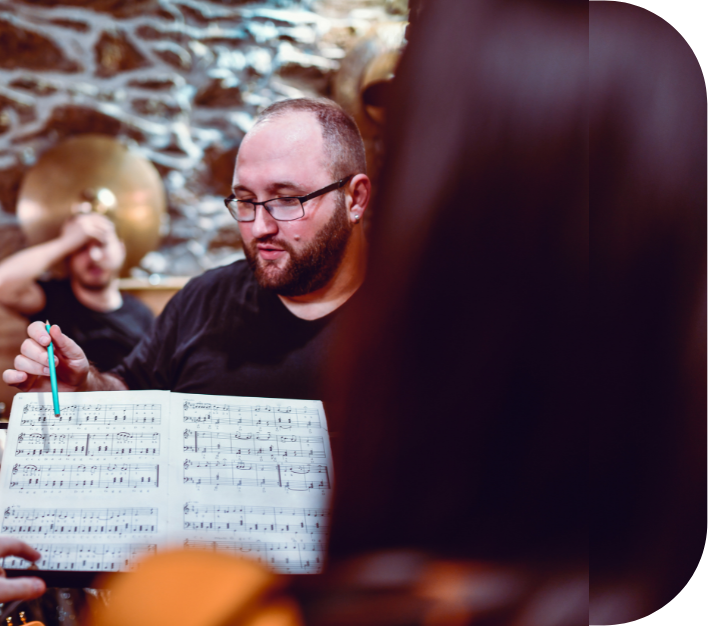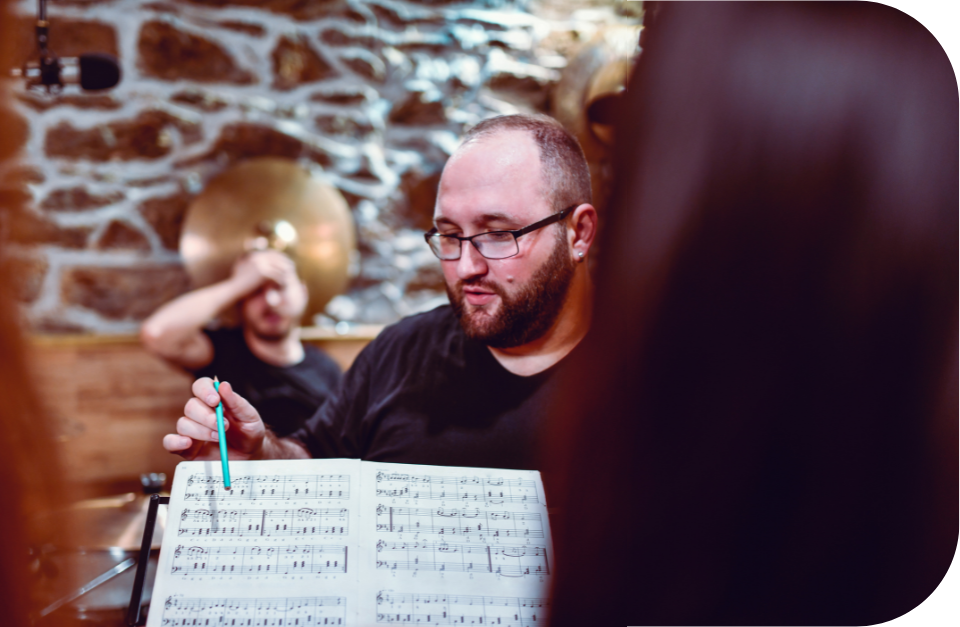Contribution Activities Information
Requirements
To be eligible for an AMEB Award (Bronze, Silver, or Gold), participants must complete the required Contribution Activities over the recommended 6-month time period (at least). Participants must also record their hours to meet the minimum time Requirements for each Award.
- 2 x Contribution Activities
- 6 hours
- 4 x Contribution Activities
- 16 hours
- 4 x Contribution Activities + 1 x Substantial Contribution Activity
- 24 hours, including a minimum of 8 hours for Substantial Contribution Activity
Check out each Award page for more detailed information.
Categories
The AMEB Award believes in the values that align with the categories of the Contribution Activities. By engaging in activities within these categories, you are meeting the requirements for the award and embodying the values that the award represents. It's a way to showcase your dedication to leadership, community, creativity, entrepreneurship, assistance and support, and your ability to collaborate effectively with others in the performing arts community.
Leadership
Demonstrate your ability to inspire, empower, and guide others as a role model. Take the initiative, mentor, tutor, plan, and assume responsibility without being prompted.
Community
Engagement Show your commitment to the performing arts by participating in community events and working with others to broaden the audience's exposure to this art form.
Creativity
Stretch your skills and explore new territories by generating something unique and innovative that showcases your creativity.
Entrepreneurial
Think beyond the ordinary and demonstrate your initiative and drive by self-learning or creating performance innovations.
Collaboration
Demonstrate your ability to collaborate by working closely with others to create a performance work or performing arts event. Build relationships, listen and learn from others, contribute unique ideas and thoughts, and work collaboratively.
Assistance and Support
Support your leaders, teachers, peers, and colleagues by assisting them in producing a flourishing performing arts outcome. Every small effort counts and is appreciated!
Examples
Take a cue from these examples to find the perfect fit for your unique skills and interests. Whether you contribute to your local community, collaborate with other artists, or develop your entrepreneurial skills, there are endless possibilities for making a meaningful impact in the performing arts industry.
Here are examples of suitable Contributions Activities to explore and be inspired:
- Assist your teacher/mentor with younger/beginner students at rehearsals or an event
- Assist your teacher/mentor to produce performances
- Assist with costume making
- Assist with schedules and rehearsal/event planning
- Assist with lighting and sound
- Create a music club or group with your peers or community
- Create a practice group for your peers or mentees
- Craft a performance art piece (e.g., choreograph, storyboard, screenwrite, direct or compose new work)
- Curate performing arts event series (e.g., dance classes, music performances, residencies, curate gallery nights, poetry nights, social arts events etc.)
- Design artwork to promote an event (e.g., posters, flyers, social media tiles, etc.)
- Fundraise for your performing arts community, or support fundraising activities
- Help advertise or promote performing arts events or performances
- Help create media, including videoing performing arts events or performances for social posts or web content.
- Help with set design and creating props
- Help organise rehearsals or timetable rehearsals with or for others
- Help set up or pack down at performing arts events or performances (e.g., chairs, music stands, lighting, sound gear, props, costumes, cleaning the stage, pamphlets etc.)
- Lead an ensemble (a workshop, ensemble, dance troupe, choir or orchestra, etc.)
- Join your student council to campaign for the performing arts
- MC at an event
- Mentor or tutor others through peer mentorship (including for groups, rehearsals, studios, companies, orchestras, etc.)
- Page turn at a performance
- Photography at performing arts events
- Speak at a school assembly, church service or community event
- Volunteer to improve the well-being of others in your community (perform at nursing homes, hospitals or other community events etc.)
- Volunteer your time behind the scenes (stage managing, lighting, sound monitoring, stage hand, etc.)
- Work as an usher, at the ticket booth or behind the kiosk at a school or community performance
- Write a script, poem, narration or speech for yourself or someone else
- Write program notes
- Write and typeset an event program
*Depending on your age, some activities may require you to have a Working with Children Check. Please see your state legislation for more information.
Substantial Contribution Activity
Examples
We want you to consider your strengths and the skills you want to learn and develop through the Award program, positively impacting your performing arts community.
Here are examples of suitable Substantial Contributions Activities to explore as you get started with your planning:
- Advocate leadership role (e.g., in a performance arts committee, organisation or school department).
- Be an arts captain in your school or undertake the tasks usually consistent with this type of role. You can list the tasks undertaken in your description.
- Compose or arrange music for an event.
- Conduct a band, orchestra or choir at a performance.
- Create a marketing plan for an event. (This may include creating a name and brand; setting a timeline for promotion; creating a social media campaign; contacting stakeholders; media releases etc.).
- Create a podcast, blog or vlog.
- Create a research project on a performing arts subject/person of interest.
- Create a music video, short film or play.
- Direct a music video, short film or play.
- Establish a performing arts group (e.g., a student-led a cappella choir or hip-hop dance group).
- Fundraise for a performing arts group/organisation.
- Plan an event series (e.g., concert series or weekly dance workshops).
- Tutor, mentor or teach younger performers regularly, with a specific outcome (e.g., a teaching assistant at a dance school; leading sectional rehearsals; within a choir or orchestra which contributes to a performance).
- Write a play, a substantial series of poems or narrations.
- Use your imagination, and surprise us!


